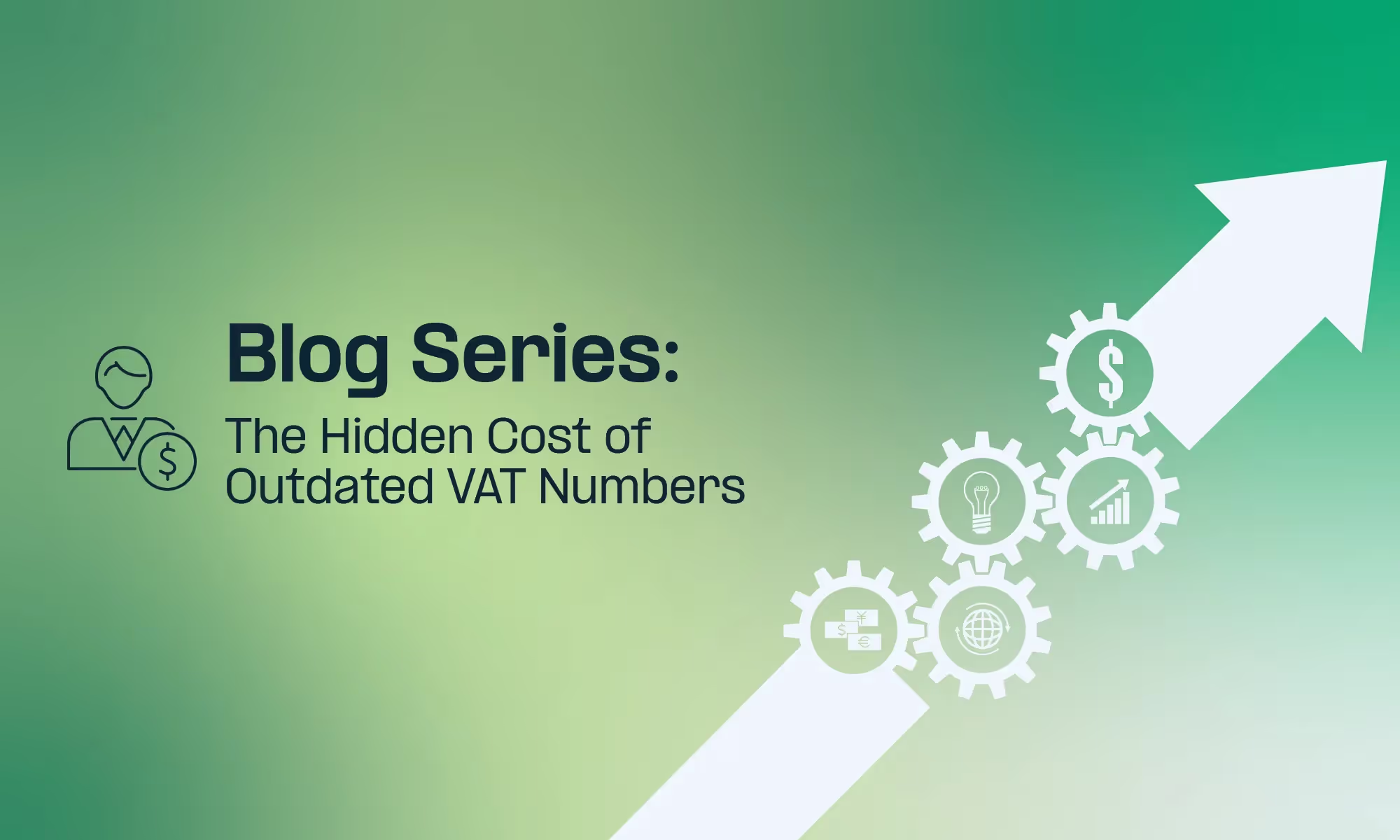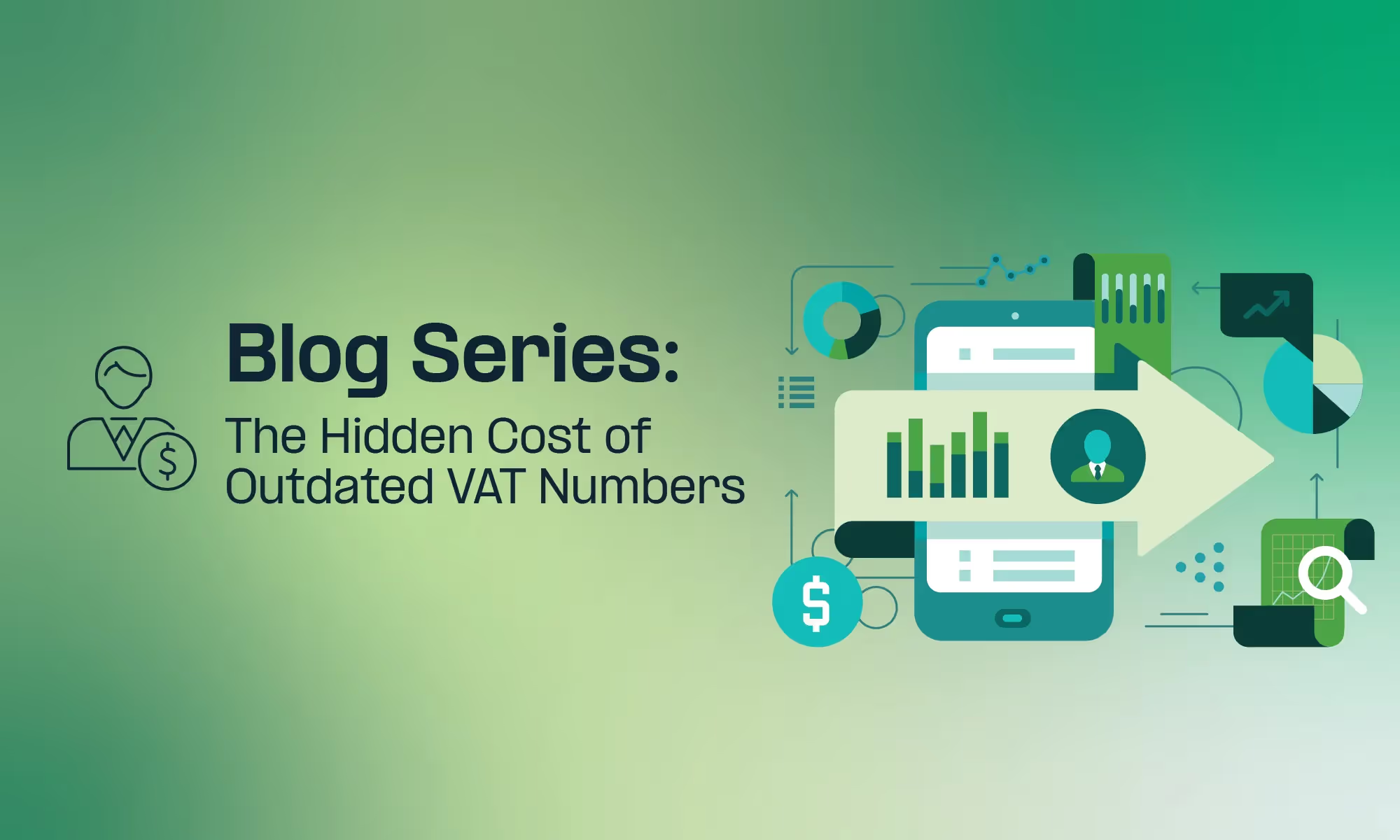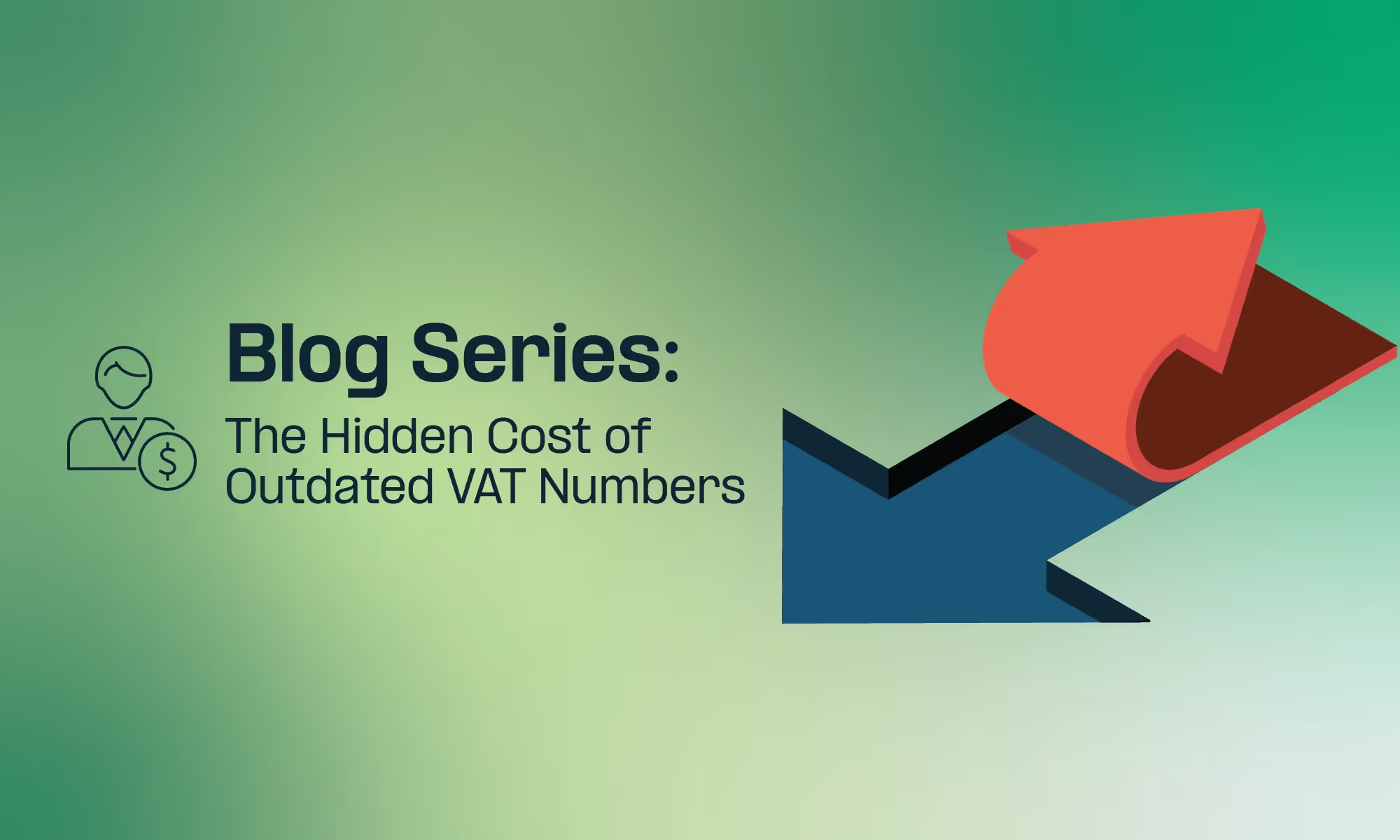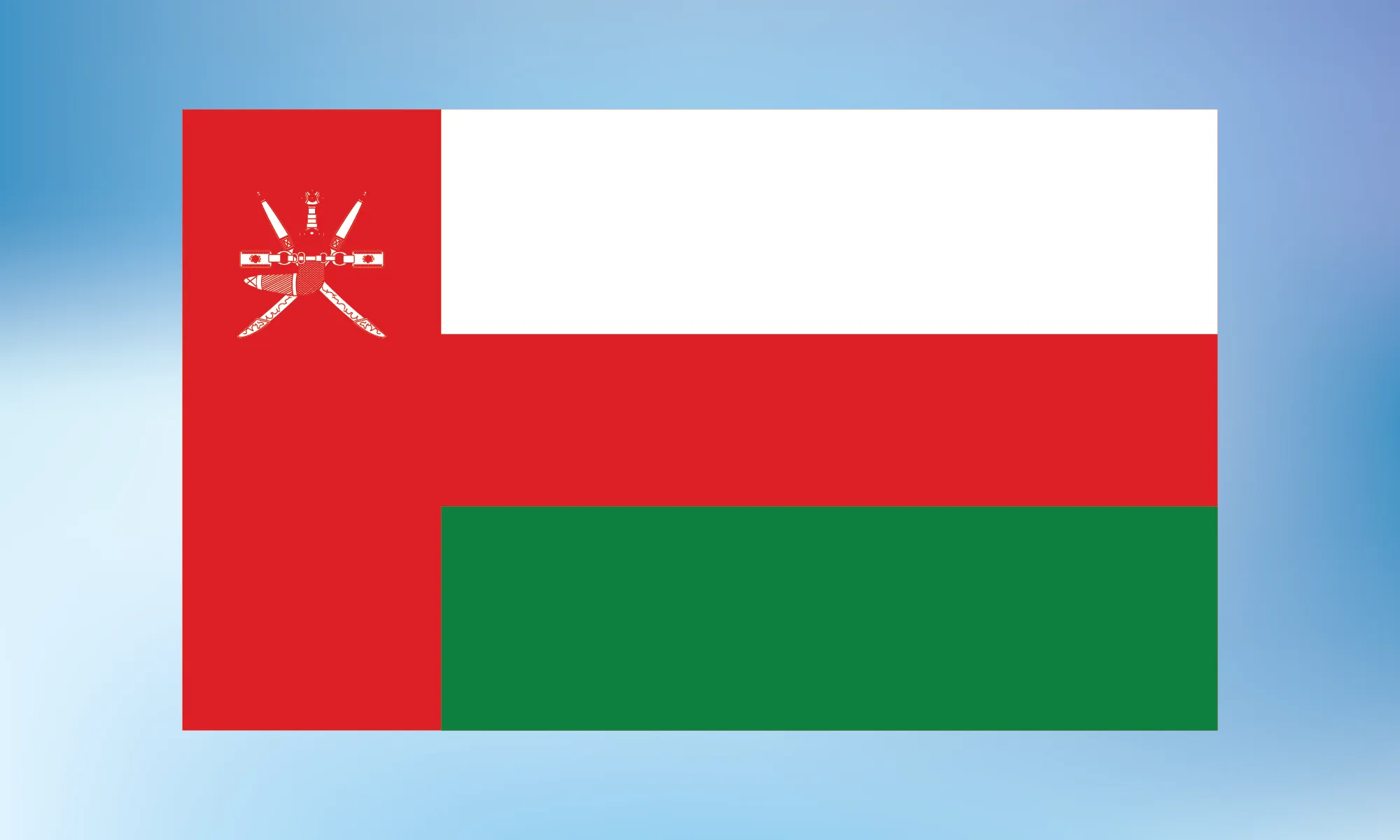Starting July 2025, the Philippines will require nonresident digital service providers and marketplaces to register for VAT and charge 12% on B2C transactions, with B2B sales subject to reverse charge. These changes, introduced under Republic Act No. 12023 and Revenue Regulations No. 003-2025, clarified by Bureau of Internal Revenue (BIR) via BIR Circular No. 47-2025, significantly expand local tax obligations for foreign platforms and create immediate compliance challenges ahead of the July 1 registration deadline.
Timeline
Nonresident digital service providers and marketplaces must register with the BIR by July 1, 2025, and will be subject to 12% VAT on B2C digital services starting July 2, 2025.
Impact
The Philippines introduced VAT obligations for nonresident digital service providers, and the Bureau of Internal Revenue followed up with Circular No. 47-2025 to clarify implementation. Under these new rules, foreign providers and marketplaces must register for VAT by July 1, and collect 12% VAT on B2C transactions, and comply with local invoicing and reporting standards from July 2, 2025.
Definition of Digital Services
Under Republic Act No. 12023 and BIR Circular No. 47-2025, digital services refer to services delivered over the internet or other electronic networks that are essentially automated and involve minimal human intervention. This includes a broad range of activities such as online advertising services, cloud-based software and storage, streaming services (audio, video, games), online platforms and marketplaces, subscription-based services, and digital content sales (e.g. e-books, music, mobile apps).
Services Other than Digital Services
It must be emphasized that only digital services fall within the scope of the new VAT rules, all other services and supplies provided by nonresident entities are excluded from these specific obligations.
Under Revenue Regulations No. 003-2025, VAT exemptions apply to digital educational services provided by accredited institutions, subscription-based services to government-recognized schools, and digital financial services offered by BSP-registered financial entities, including Virtual Asset Service Providers.
B2B Transactions
B2B transactions are not subject to VAT collection but instead fall under the reverse charge mechanism, where the Philippine buyer accounts for the VAT.
Even in B2B transactions, nonresident digital service providers have key responsibilities: they must verify the buyer's business status, issue a compliant invoice, and report the transaction in their VAT return, even though the Philippine buyer accounts for the VAT under the reverse charge mechanism.
Verification of the VAT Status of the Buyer
Verification of the buyer’s VAT status under BIR Circular No. 47-2025 is strongly recommended for nonresident digital service providers. Verification helps ensure correct VAT treatment and reduces the risk of misclassification between B2B and B2C transactions.
Definition of Electronic Marketplace
Under Revenue Regulations No. 003-2025, the term "Electronic Marketplace (e-marketplace)" is defined as: A digital service platform whose business is to connect online buyers with online sellers, and through which the digital services of a nonresident digital service provider are made available to a buyer. This includes third-party platforms that facilitate the sale, payment, and delivery of the digital service and/or platforms that act as intermediaries between the nonresident digital service provider and buyers.
VAT Treatment of Digital Services Through Online Marketplaces
Under the new rules, online marketplaces facilitating the sale of digital services are deemed the supplier and are therefore liable for VAT on B2C transactions in the Philippines. This applies when the marketplace controls key elements of the transaction, such as billing, delivery terms, or payment processing. In such cases, the marketplace must register with the BIR, issue invoices, collect the 12% VAT, and file VAT returns using BIR Form 2550-DS.
The marketplace must also ensure proper classification of transactions and determine whether the end customer is a business or a consumer, as B2B transactions are subject to the reverse charge and not VAT collection by the marketplace. Also, even if the nonresident digital services provider generates sales through an e-marketplace but the payment for the digital service is made directly to the account of the nonresident digital services provider, the e-marketplace is not liable to pay the VAT. However, the service fee charged by the marketplace to the consumer located in the Philippines shall be subject to VAT.
Consequences of noncompliance
Nonresident digital service providers who fail to comply with VAT obligations, such as registration, invoicing, and filing, may face criminal, civil, and administrative liabilities, including the suspension of business operations.
Conclusion
In conclusion, the new VAT rules signal a major shift in the Philippines’ tax landscape, and affected businesses must prepare accordingly. With new obligations around registration, VAT treatment, invoicing, and reporting, companies should assess their compliance readiness, adapt their systems, and ensure accurate classification of transactions ahead of the July 2025 implementation. Early preparation is key to avoiding disruption, mitigating risk, and maintaining seamless access to the Philippine market.























